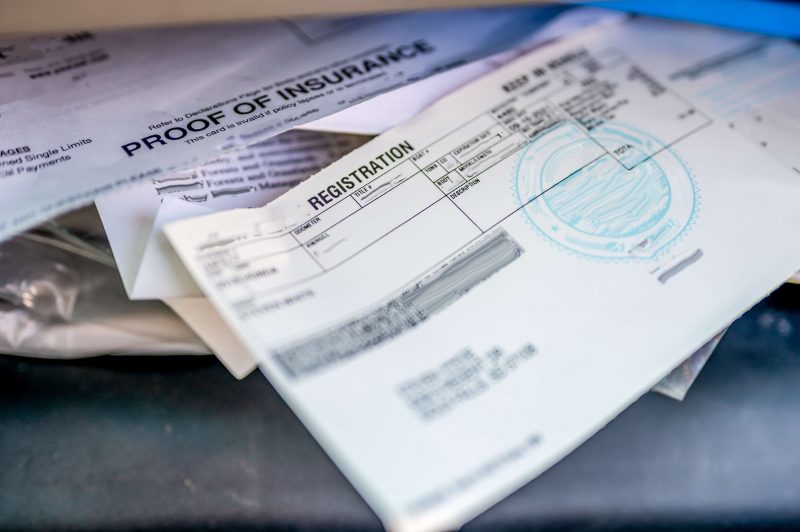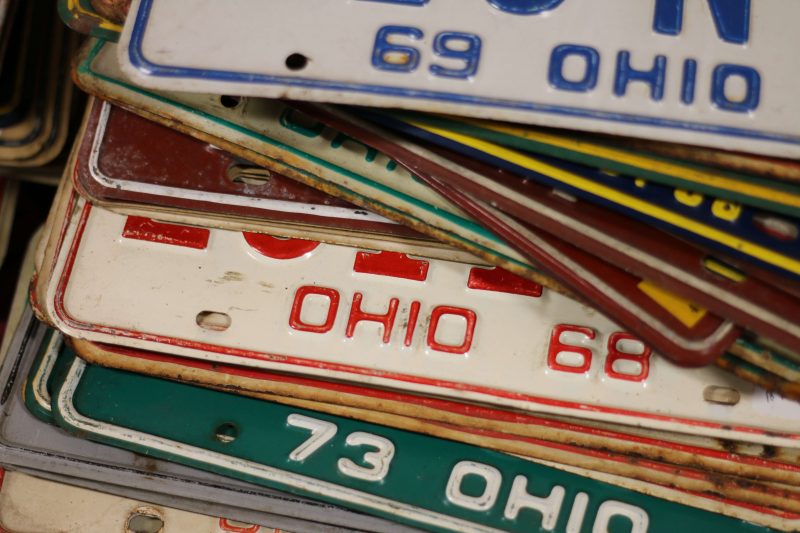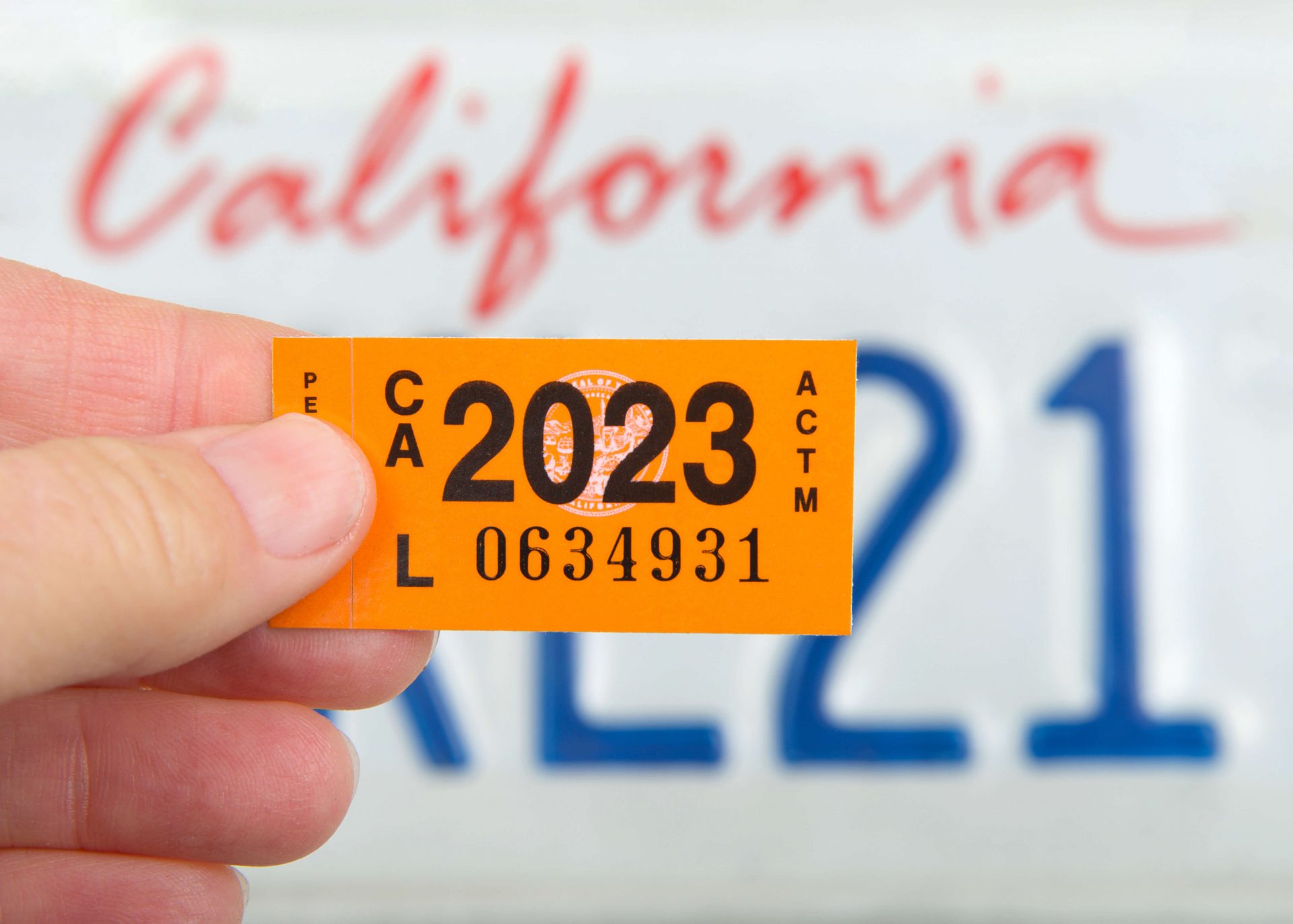There is nothing on the planet that can truly be considered “one and done,” since everything is consistently changing. You can vacuum today, but you know that in a day or two, you will need to do so again. You can fill your tank up with gas, but it is only a matter of time until you’ll need to stop at your local station for a refill. This is true for all things across existence – change is the only constant.
Use eTags© to Quickly Complete Your DMV Service. Renewals, Title Transfers and More, All Online!
In the automotive world we know the importance of maintenance and upkeep. Every vehicle experiences wear and tear, so it behooves us to tackle both the preventative and remedial when taking care of our cars, trucks, and motorcycles. But even when it comes to paperwork, we’ve got to keep current. If our insurance lapses, it’s a no-go. And no matter our state of residence, we’ve got to be certain that our registration is valid and up to date.

The importance of registration renewal cannot be stressed enough.
In fact, the penalty for driving with expired plates can get pretty steep. For example, in the state of New York, if your registration is over 60 days past validity, the fines start at $70, but can jump all the way up to $300. Outside of New York City there is also an add-on fee of $93 for expired reg.
But this is small potatoes compared to Maryland, where fines can catapult up to a mighty $500, and the possibility of imposed restrictions on your driver’s license. In California, the authorities are allowed to hit you with a minimum fine of $162, which can increase incrementally according to how long your tags have been expired.
In Florida they allow fines of up to $500, and the possibility of 60 days in jail if your plates have been expired for more than six months. This in itself should be enough to encourage early renewals!
The state of Connecticut can legally impose fines between $150 and $300 for non-registered vehicles, as well as the potential suspension of your driver’s license. Ohio also has pretty strict registration laws, violations of which can cost anywhere between $100 and $150.
In short, as long as you’d like to avoid fines, penalties, and possible jail time, it’s of the utmost importance that you keep your registration current. And the first step in doing so, is to be aware of your tag’s expiration date. Some state will offer a grace period in case you aren’t able to renew before the deadline, while others are incredibly strict.

In Ohio, vehicle registration is valid for three years, giving drivers plenty of time to be on the road without worrying about renewal. However, when that renewal time comes, you’d have a mere thirty days to get your vehicle road ready. And even within these thirty days, the police have the right to pull you over and fine you. So it’s important to stay on top of your reg if you are a resident of Ohio.
If you live in New York, your tags will be valid for two years, after which you must first bring your car to a state-approved mechanic to undergo a safety inspection.
When your vehicle passes the inspection and is fully insured, you can renew your registration. There is a grace period of one year from expiration, but you know we don’t recommend waiting too long to ensure that your car is legally drivable.
The state of Maryland gives you a choice as to how long you’d like your registration to remain valid. But regardless of whether you choose the one-year option versus the two-year reg, you will still only have sixty days before your expiration in which to complete your renewal. You may have a grace period of two months from expiration in Maryland, but it’s always best to get it done before then.
In Connecticut, most registration is valid for two years. The DMV will usually send your expiration notice within forty-five days before the deadline, giving you enough time to get your plates current. The grace period is only five days post expiration. Meaning, you will incur a late fee on day six of being late to renew.

If your vehicle is registered in Florida, you will either have plates that are valid for one or two years, depending on your choice. The DMV allows reg renewal up to three months in advance of expiration, however, giving drivers ample time to keep their registration current. And while there is a grace period of up to six months past exipration, if you are pulled over with expired plates, you will most likely be given a fine.
All in all, most state across the U.S. have pretty strict laws when it comes to keeping your vehicle’s registration up to date.
Most renewals will depend upon the driver maintaining valid auto insurance, keeping a clean driving record, and having no outstanding traffic or parking violations.
And while it can seem daunting to have to renew every one or two years, in actuality, registration renewal is one of the fastest and simplest services we offer at eTags. With offices in six states and counting, we issue hundreds of plate and sticker renewals daily. In some states, where the local laws allow, we can even provide your renewal the same day via electronic means. So as long as all your documents are in order, you could have your registration renewal ready to print only hours after placing your order with us.
If you live in a state where paper registration and/or stickers are required, we will ship these updated credentials to you immediately following the completion of your order. At eTags we know how important current registration is, and we work to help facilitate your renewal as quickly and as efficiently as possible.
So, if you are coming up on your registration expiration and live in one of the states we serve, please come visit us. As always, we’re here to help!








